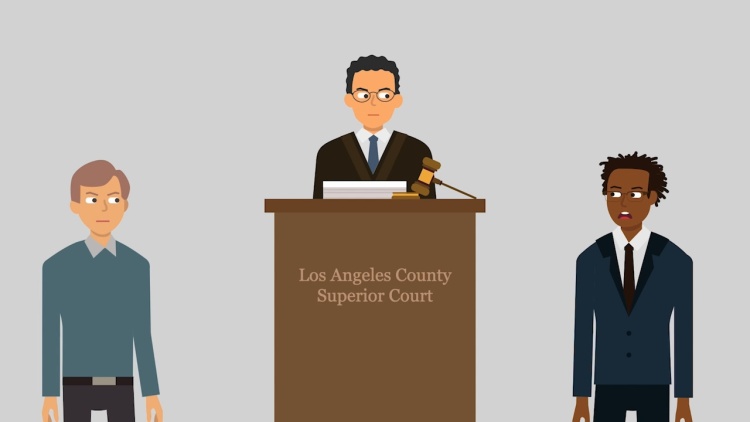Rosen v. State Farm General Insurance Co.
California Supreme Court
70 P.3d 351 (2003)
- Written by Genan Zilkha, JD
Facts
George Rosen (plaintiff) had a homeowner’s insurance policy with State Farm General Insurance Company (State Farm) (defendant). This policy covered losses to Rosen’s home caused by collapse, but limited covered collapses to the sudden, entire collapse of all, or part, of Rosen’s home. Collapse was defined as including actual collapse. Collapse excluded bowing, sagging, and cracking. Rosen repaired two decks attached to his house based on the recommendation of a contractor, who told Rosen that collapse was imminent. Rosen submitted a claim for the cost of repair to State Farm. State Farm denied Rosen’s claim, because the policy only covered actual collapse. Rosen sued State Farm for breach of contract and breach of the covenants of good faith and fair dealing. State Farm moved for summary judgment, because, it argued, the decks had not actually collapsed. Rosen argued that public policy dictated that the policy be construed to include imminent collapse. State Farm’s summary judgment motion was denied, and the case proceeded to trial to determine whether the policy covered imminent collapse. The trial court ruled in favor of Rosen, holding that public policy required that coverage include imminent collapse. In its decision, the trial court also determined that restricting the language of the policy to actual collapse would place people in danger by causing policyholders to delay making repairs until a structure collapsed. The court of appeal affirmed the trial court’s decision on public-policy grounds. The court of appeal acknowledged that the policy did not include imminent collapse but affirmed the trial court’s decision on public-policy grounds anyway.
Rule of Law
Issue
Holding and Reasoning (Brown, J.)
What to do next…
Here's why 905,000 law students have relied on our case briefs:
- Written by law professors and practitioners, not other law students. 47,100 briefs, keyed to 995 casebooks. Top-notch customer support.
- The right amount of information, includes the facts, issues, rule of law, holding and reasoning, and any concurrences and dissents.
- Access in your classes, works on your mobile and tablet. Massive library of related video lessons and high quality multiple-choice questions.
- Easy to use, uniform format for every case brief. Written in plain English, not in legalese. Our briefs summarize and simplify; they don’t just repeat the court’s language.





